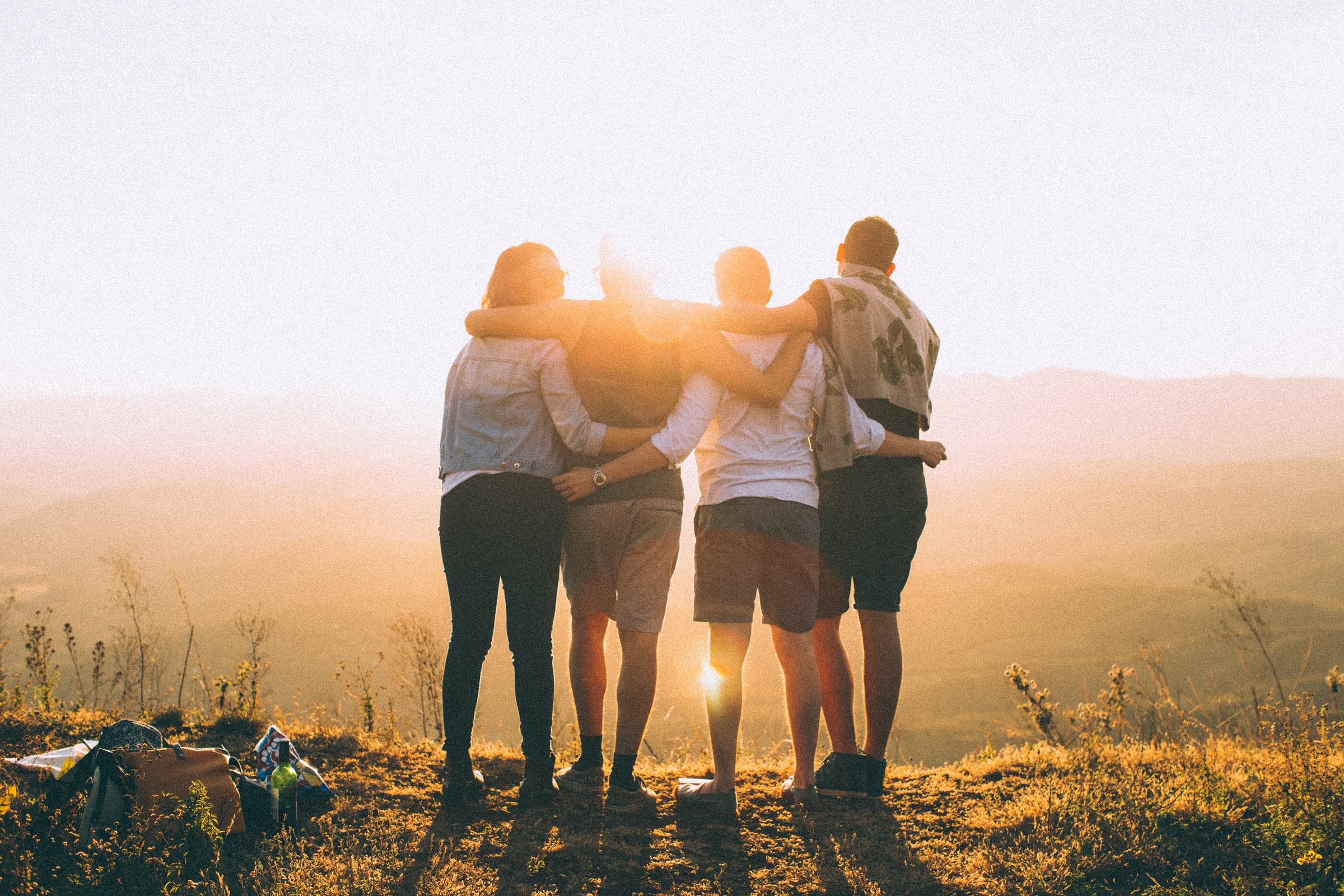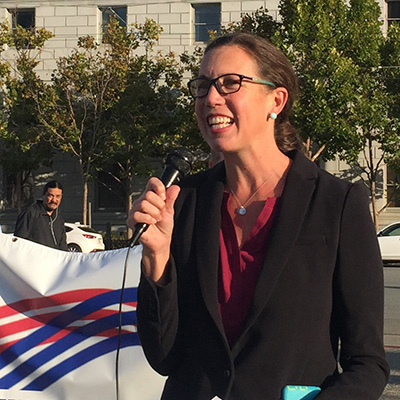
The other laboratories we need today
The feature that led U.S. Supreme Court Justice Louis Brandeis to declare in 1932 that, under our federal system, “a single courageous State may, if its citizens choose, serve as a laboratory; and try novel social and economic experiments without risk to the rest of the country.”
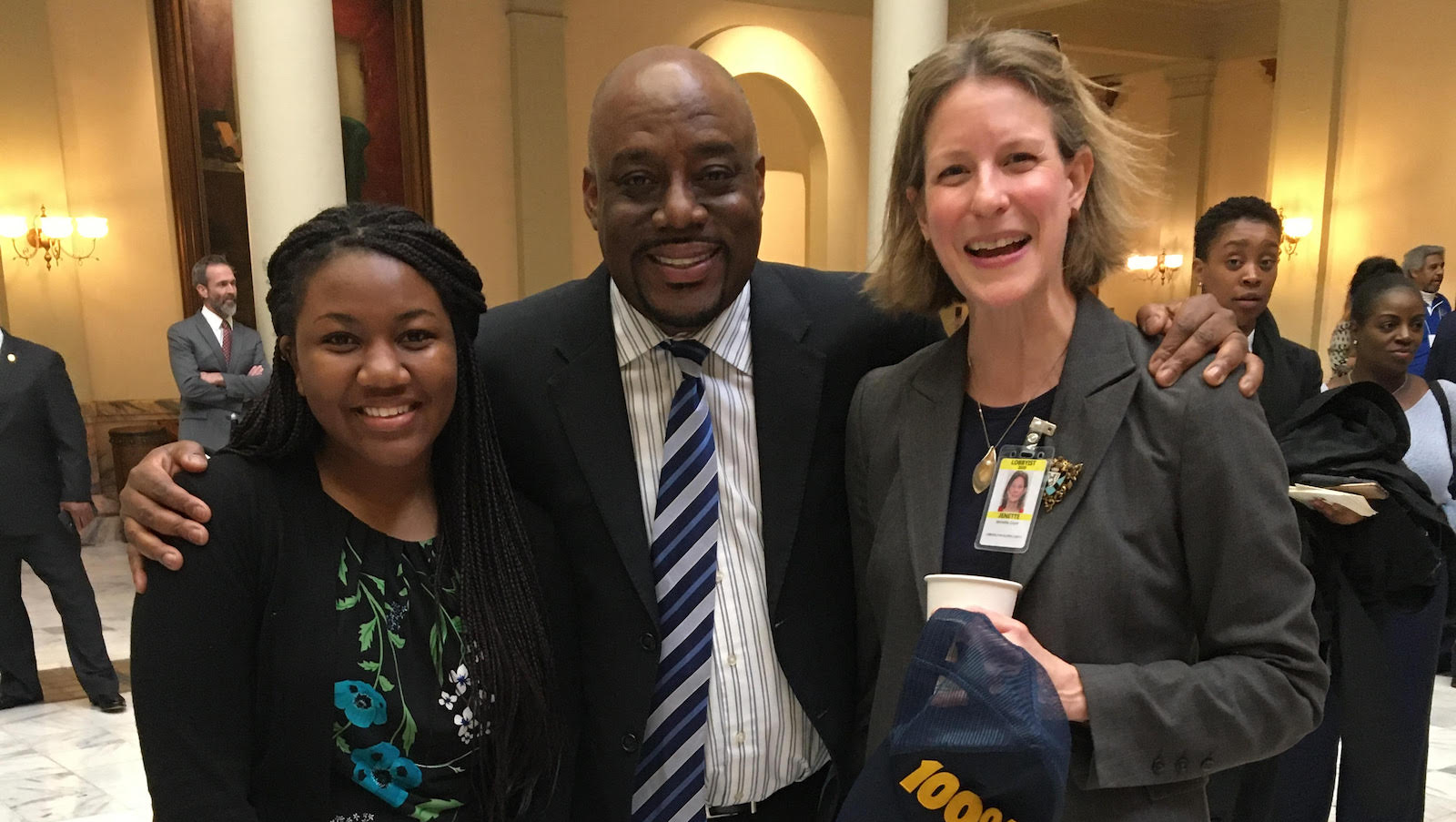
How and when we come out of this crisis depends on what happens in dozens of laboratories, where scientists are racing to develop new vaccines and treatments and improving tests to detect the novel coronavirus and the antibodies that may build our immunity to COVID-19.
At the same time, our wellbeing also depends on what’s happening in another set of laboratories: the state and local governments that, under the Tenth Amendment to the constitution, hold a big share of power in our federal system.
Imagine: How many more Americans would have died or suffered if San Francisco Mayor London Breed hadn’t declared a state of emergency in her city in February, or if Ohio Gov. Mike DeWine hadn’t closed all schools in his state on March 12? How many lives might be spared in the weeks to come thanks to New Jersey ramping up testing for the virus or because Michigan is going big on contact tracing?
The capacity of local actors to take the initiative on public policy is embedded in the American political structure. It’s the feature that led U.S. Supreme Court Justice Louis Brandeis to declare in 1932 that, under our federal system, “a single courageous State may, if its citizens choose, serve as a laboratory; and try novel social and economic experiments without risk to the rest of the country.”
That’s what we mean by “laboratories of democracy,” and putting these labs to work for the public has been a hallmark of our approach to social change since … well, since long before we were The Public Interest Network. Today, we’re leveraging the expertise and experience of staff such as Illinois PIRG’s Abe Scarr (on staff since 2002), CALPIRG’s Emily Rusch (on staff since 2001) and MASSPIRG’s Janet Domenitz (on staff since 1980), as well as the grassroots support and clout we’ve built in these states, to influence decisions—on every level of government and even in the corporate sector—on testing and contact tracing, medical supplies, consumer protection, voting and other issues related to the pandemic.
And, even with the coronavirus dominating the political and cultural conversation, we’re also finding opportunities to make headway on other issues. For example:
- Environment Georgia’s Jennette Gayer spoke at town halls and led the coalition that convinced Savannah to become the seventh (seventh! in Georgia!) city in the state to commit to 100 percent renewable electricity.
- Elly Boehmer and Environment Virginia played a role in securing the Old Dominion state’s own 100 percent clean energy commitment.
- Environment Washington supported a new Zero Emission Vehicle standard, which takes effect next month.
- Doug O’Malley and Environment New Jersey won expanded protections for 600 miles of rivers and streams.
- Earlier this month, Austin Community College became the latest campus to go 100 percent renewable starting in June. (June!)
All of these victories have come after the coronavirus crisis swept the country.
Meanwhile, we’re also suing the Trump administration in defense of national Clean Car standards—which, of course, are based on the standards we’ve helped win in more than a dozen states. And we’re fighting to stop the administration from undermining limits on power plants’ mercury pollution—limits that were based on standards that we won in Massachusetts and other states.
It would be great if we could focus less on defending past victories and more on expanding the successful policy experiments that we are nurturing in the states. And we could sure use stronger, wiser national leadership, in both the White House and Congress, to bring us out of this pandemic.
In the meantime, we have the laboratories of democracy—to fall back on in times of national crisis, and to put to good use at all times for our health, our environment and so much more.
Topics
Authors
Emily Rusch
Vice President and Senior Director of State Offices, The Public Interest Network
Emily is the senior director for state organizations for The Public Interest Network. She works nationwide with the state group directors for PIRG and Environment America to help them build stronger organizations and achieve greater success. Emily was the executive director for CALPIRG from 2009-2021, overseeing a myriad of CALPIRG campaigns to protect public health, protect consumers in the marketplace, and promote a robust democracy. Emily works in our Oakland, California, office, and loves camping, hiking, gardening and cooking with her family.
Find Out More
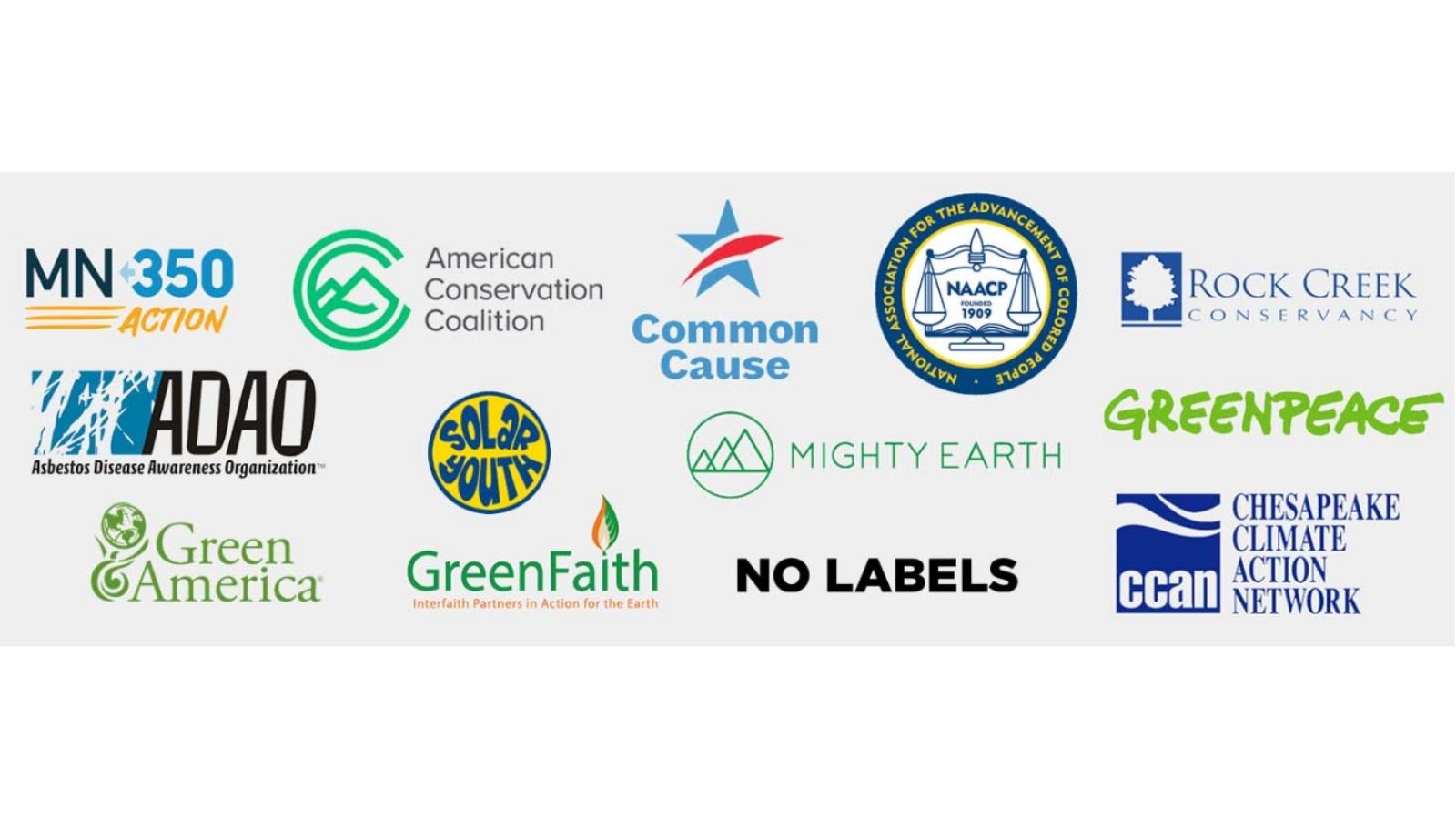
News about our Foundation
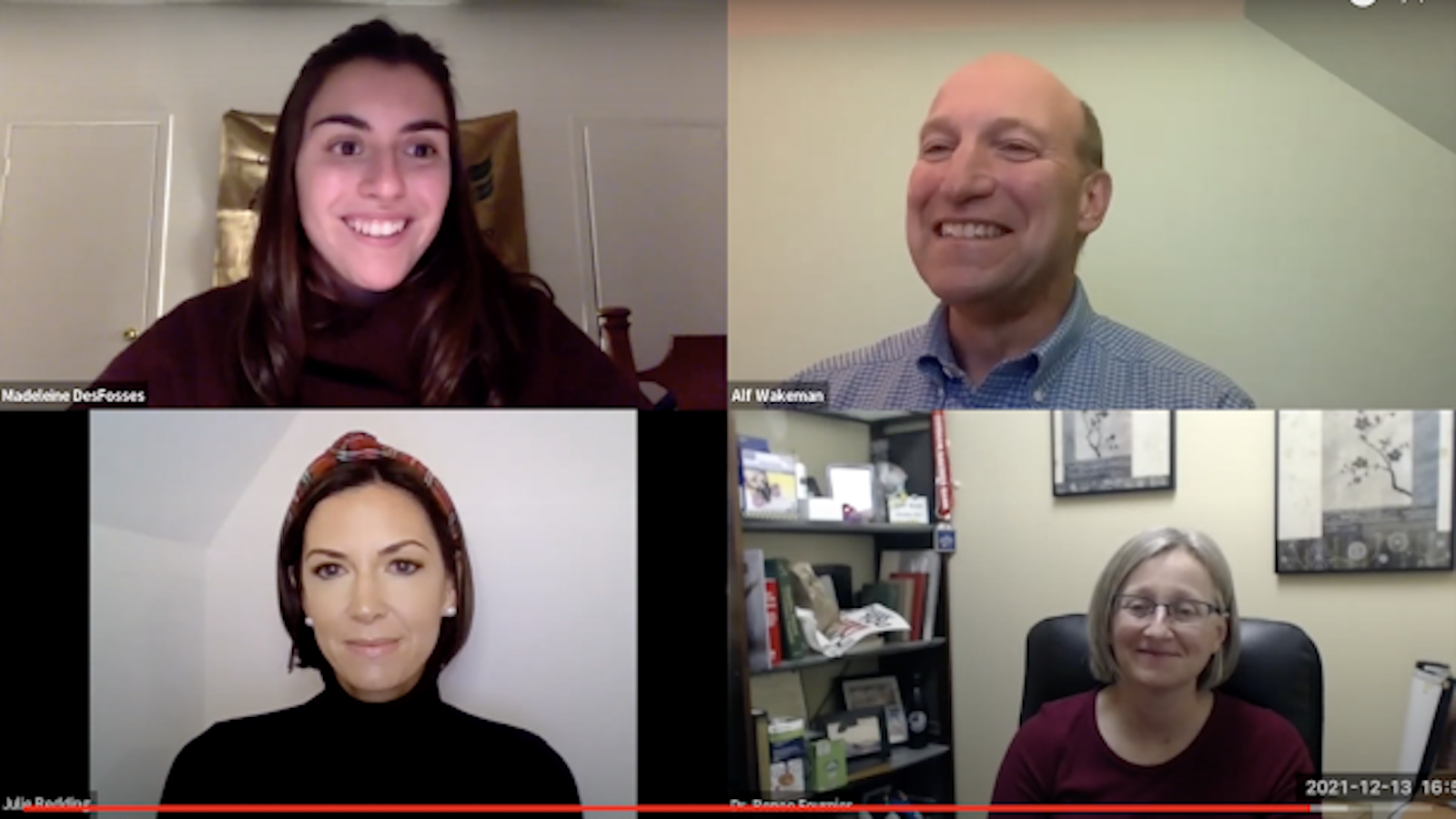
PIRG, health professionals combat COVID-19 misinformation
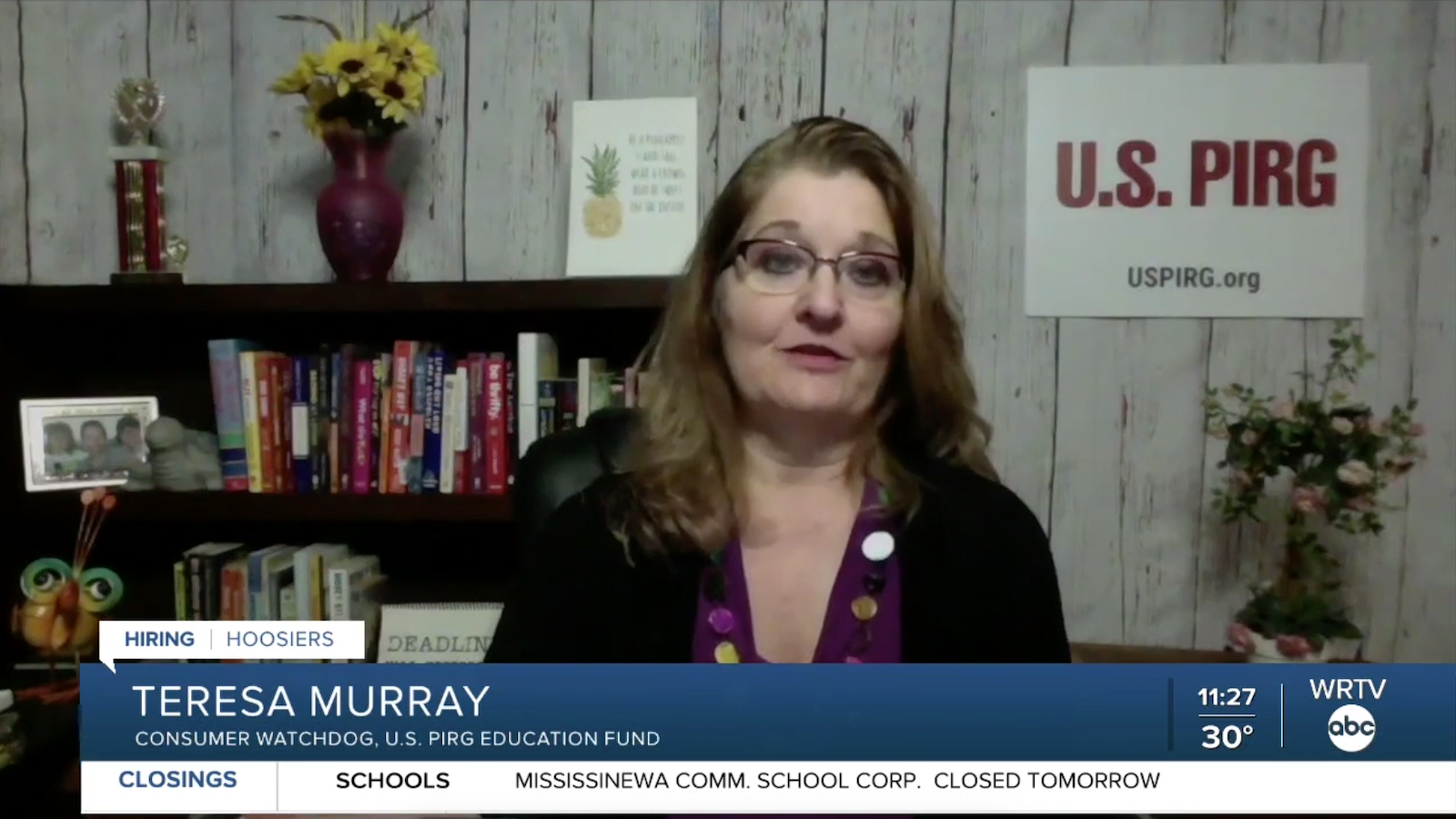
Federal vaccine mandate for nursing homes will save lives
